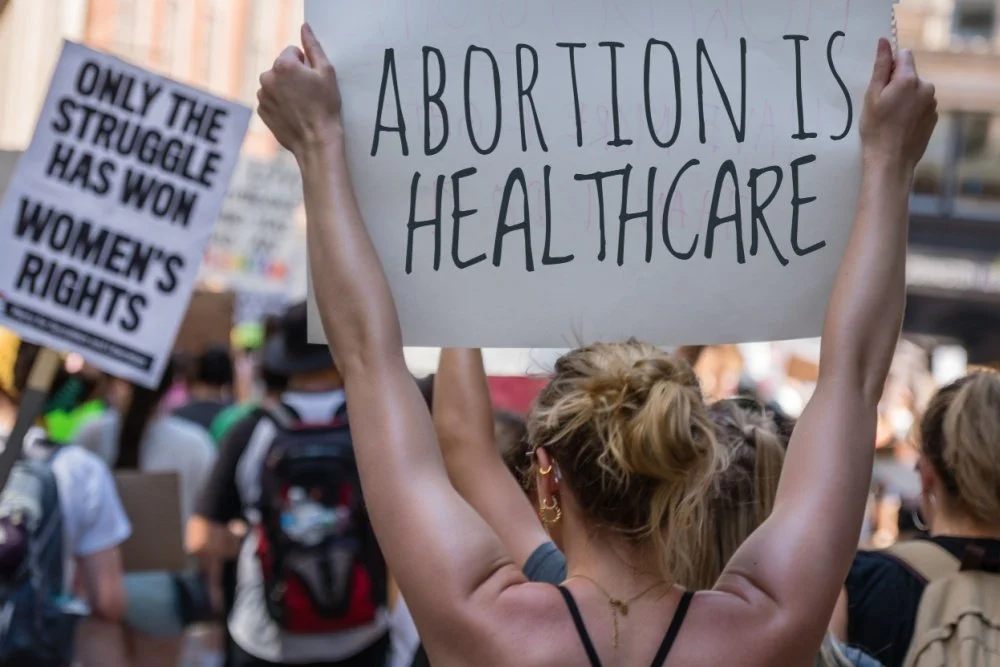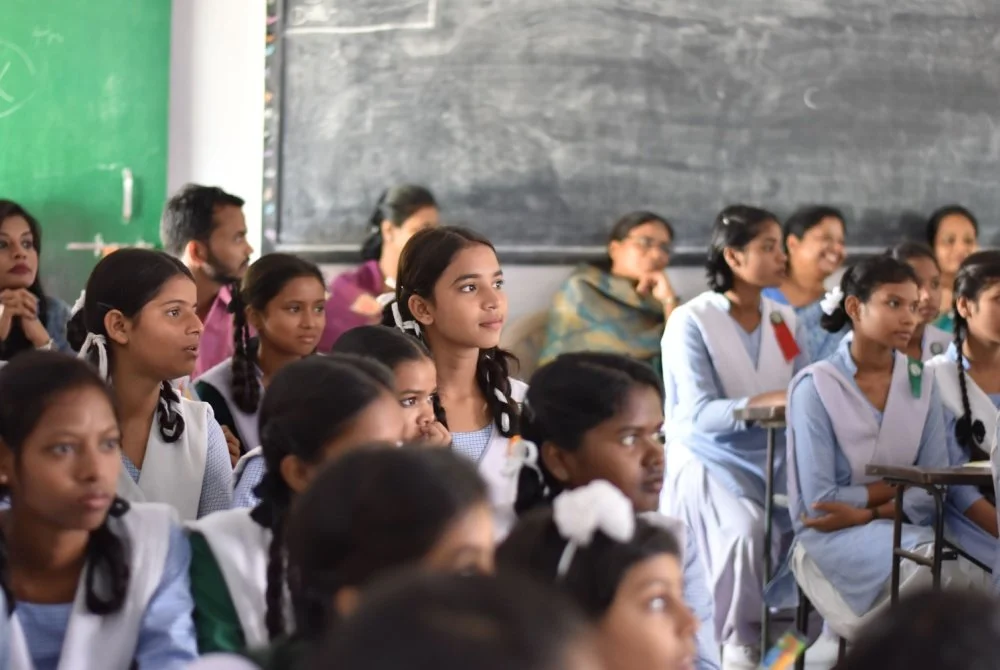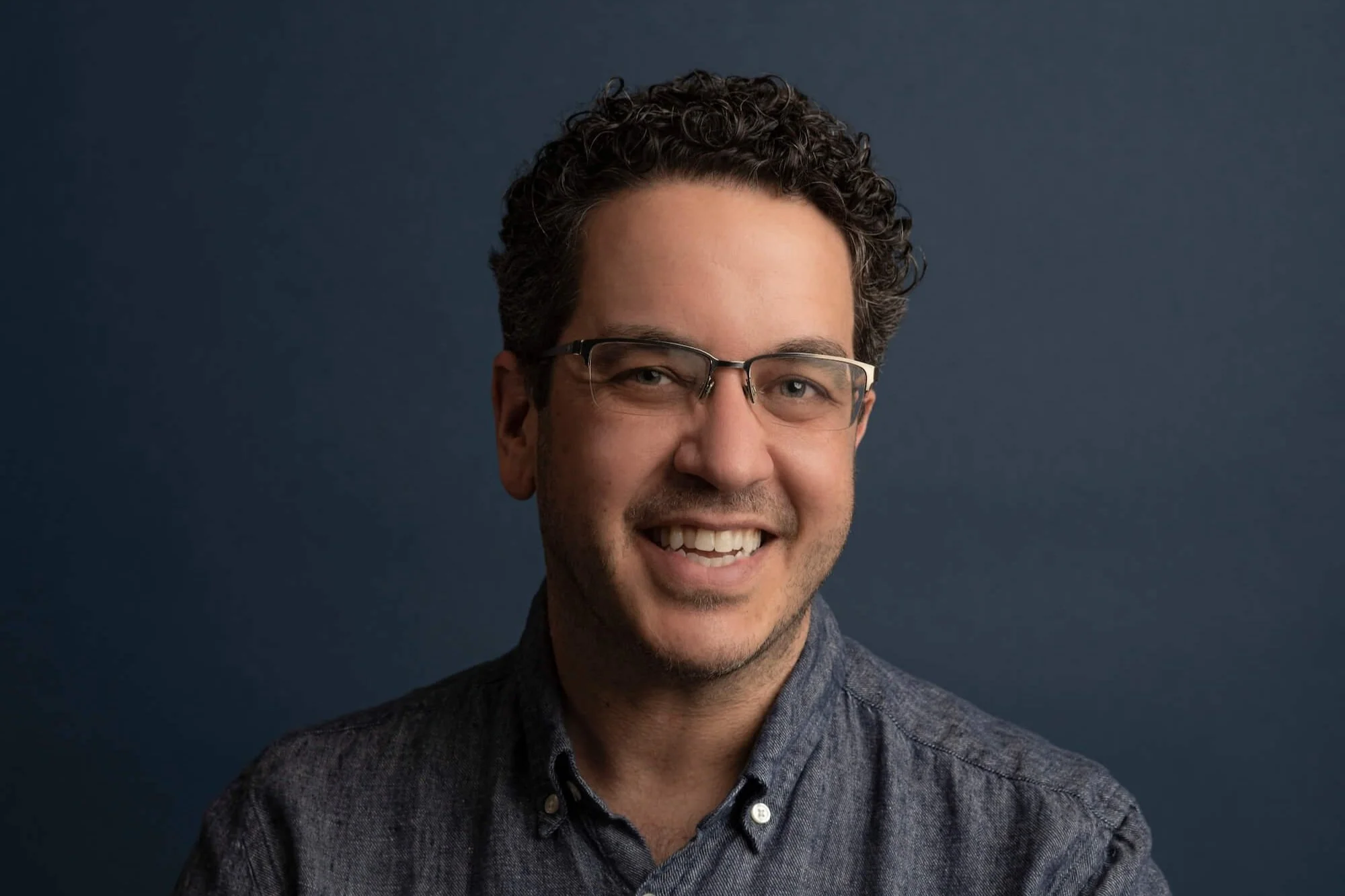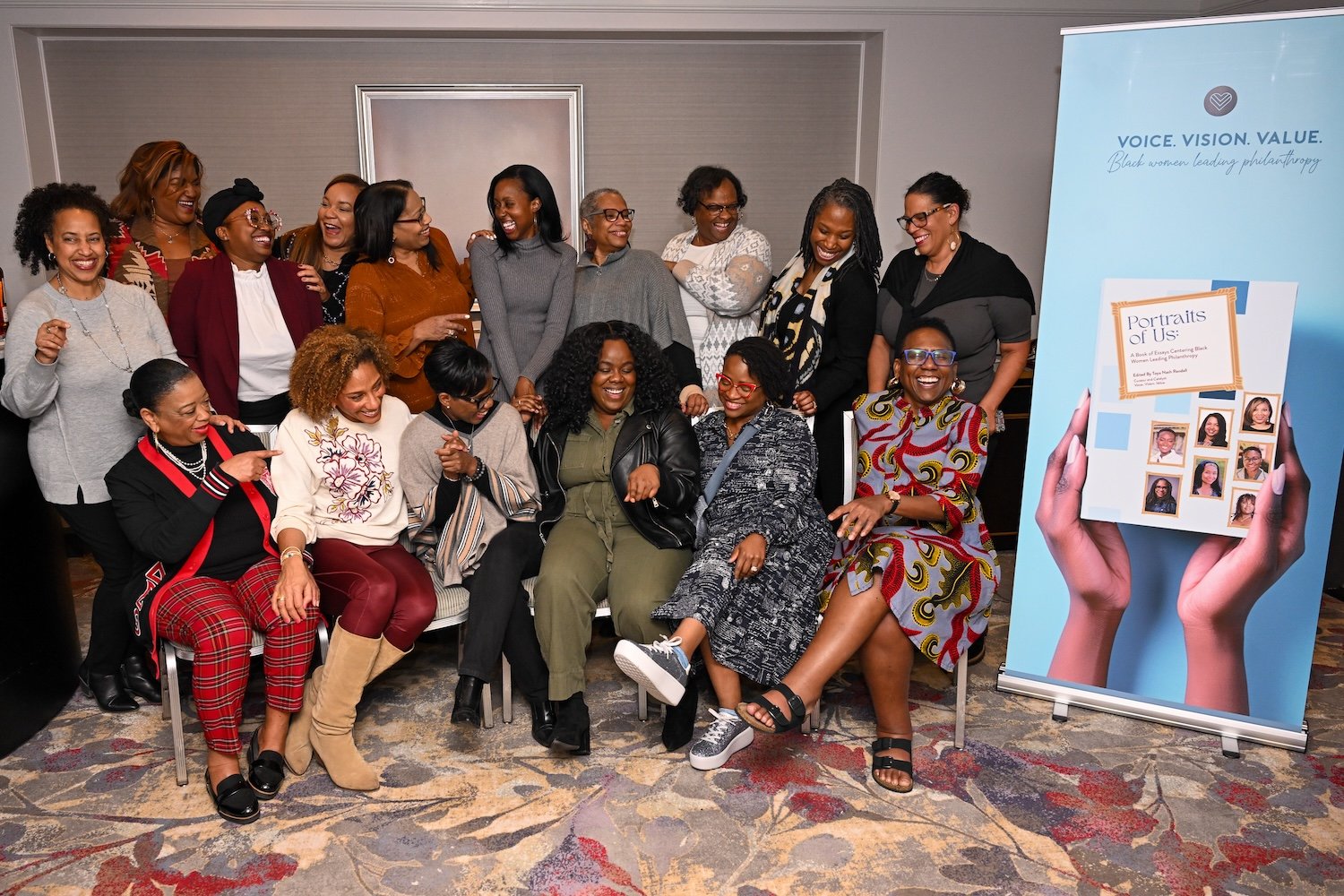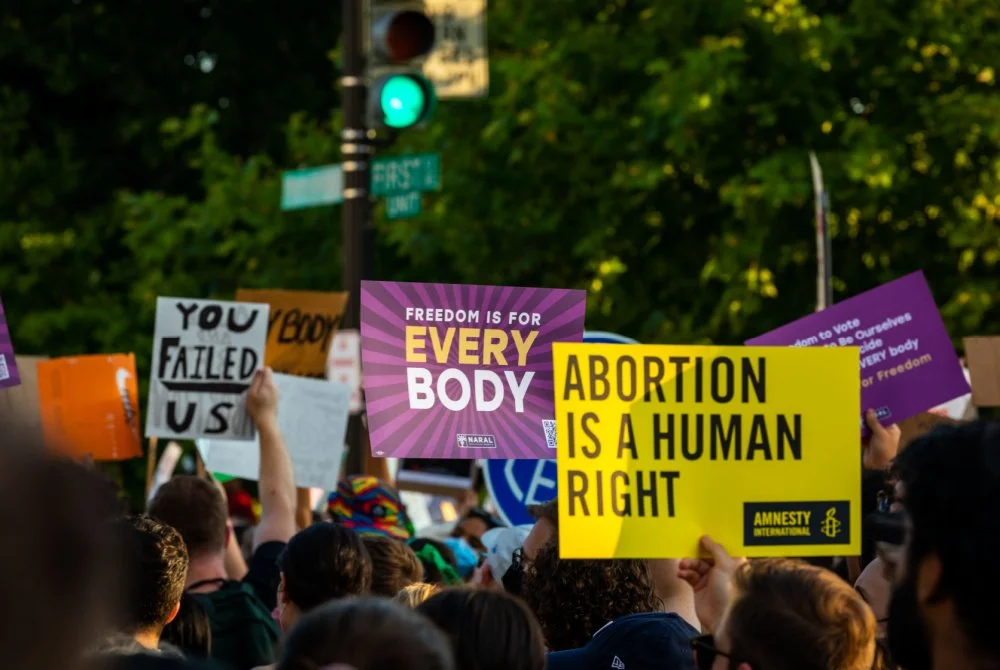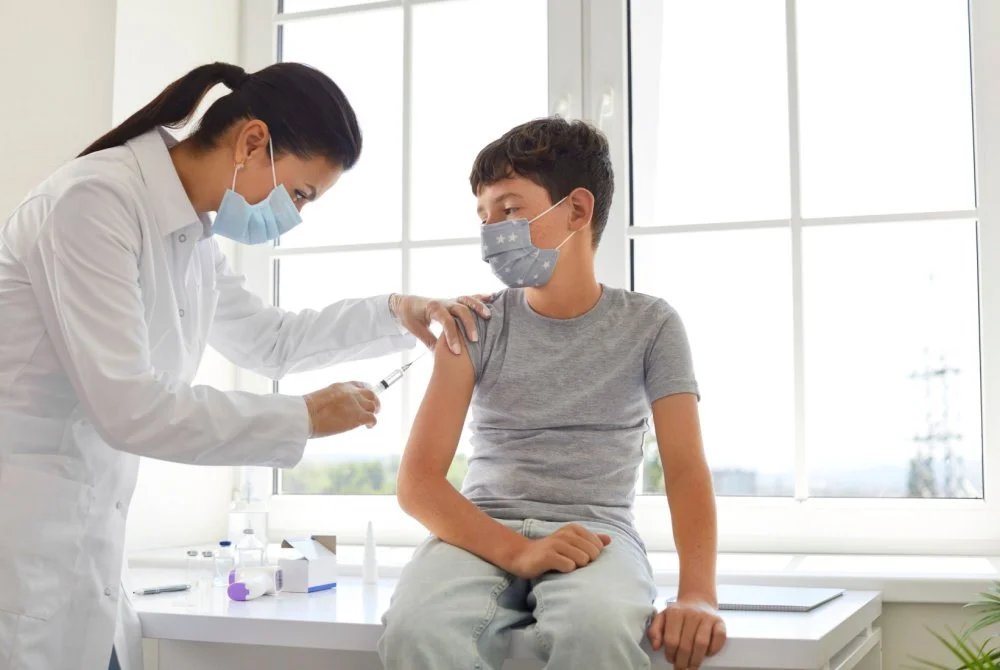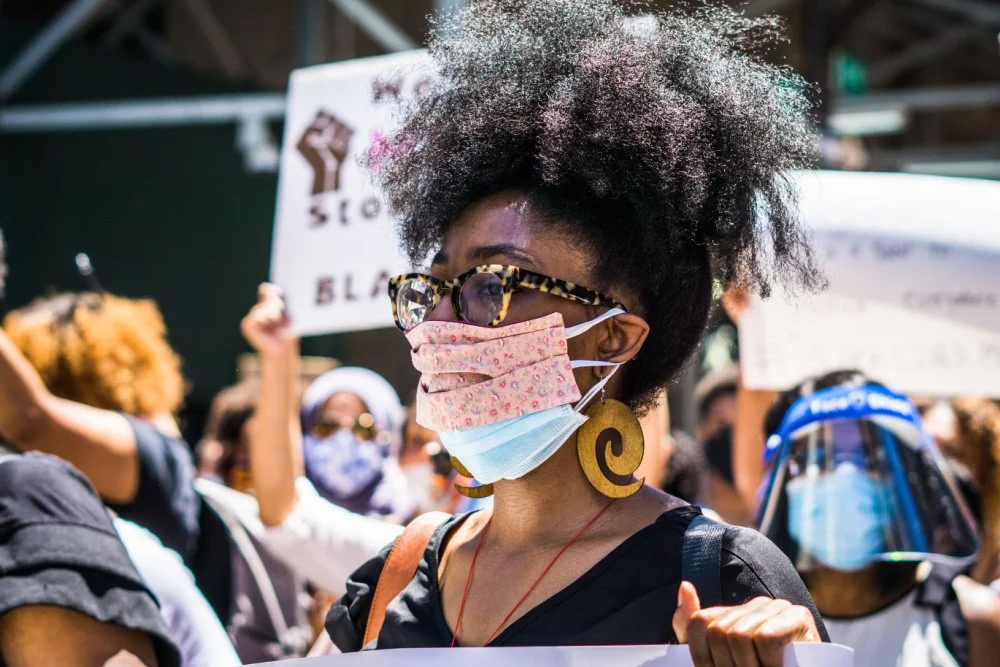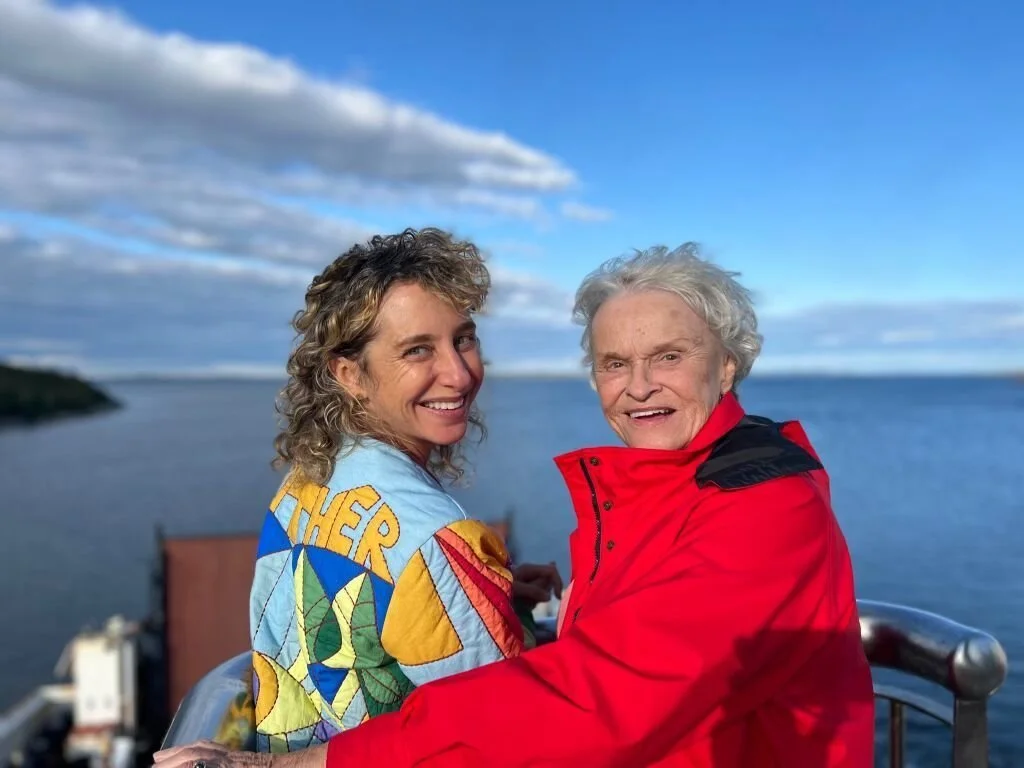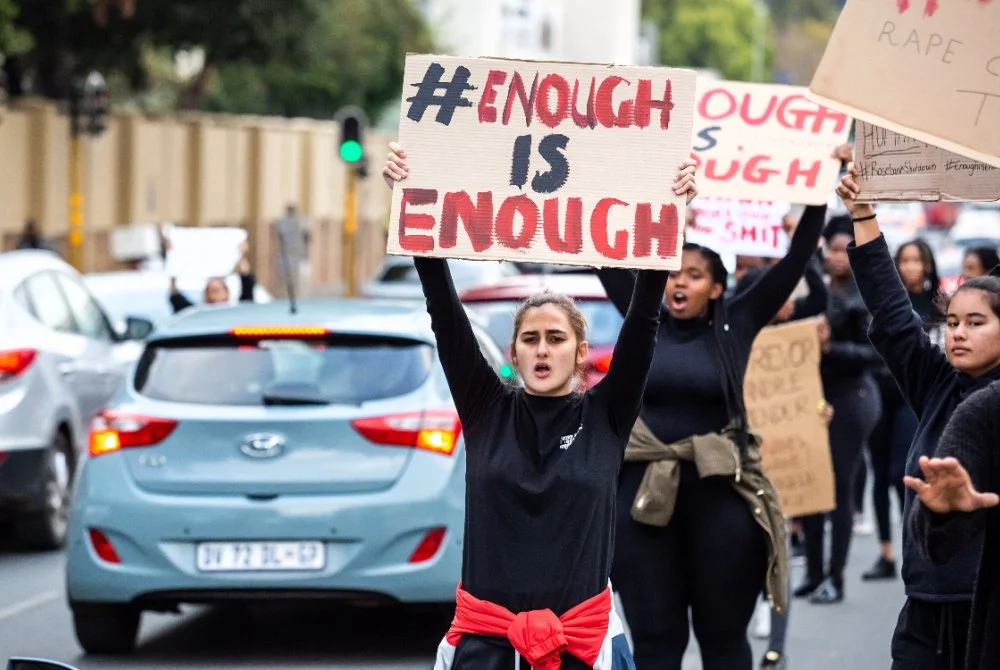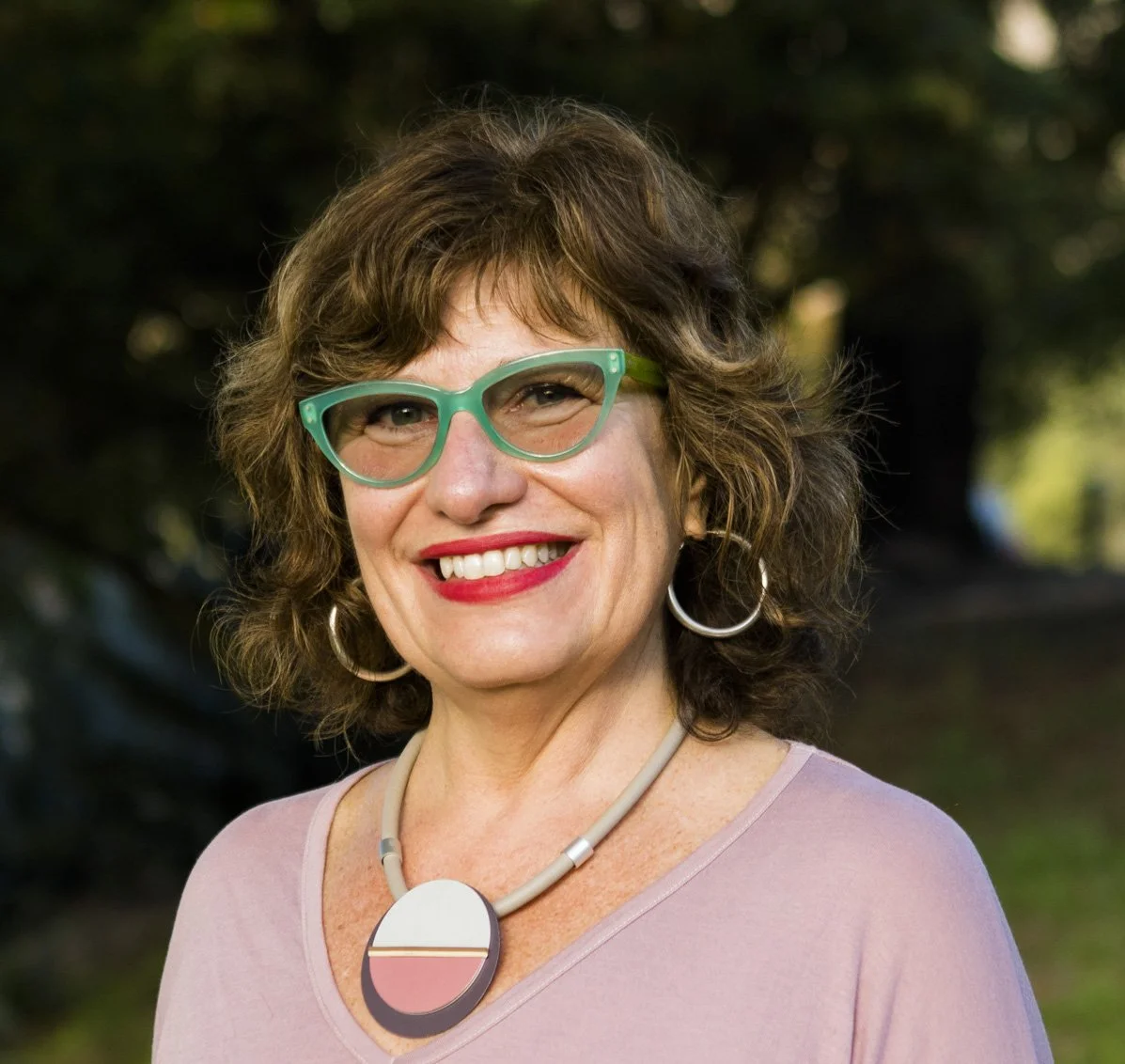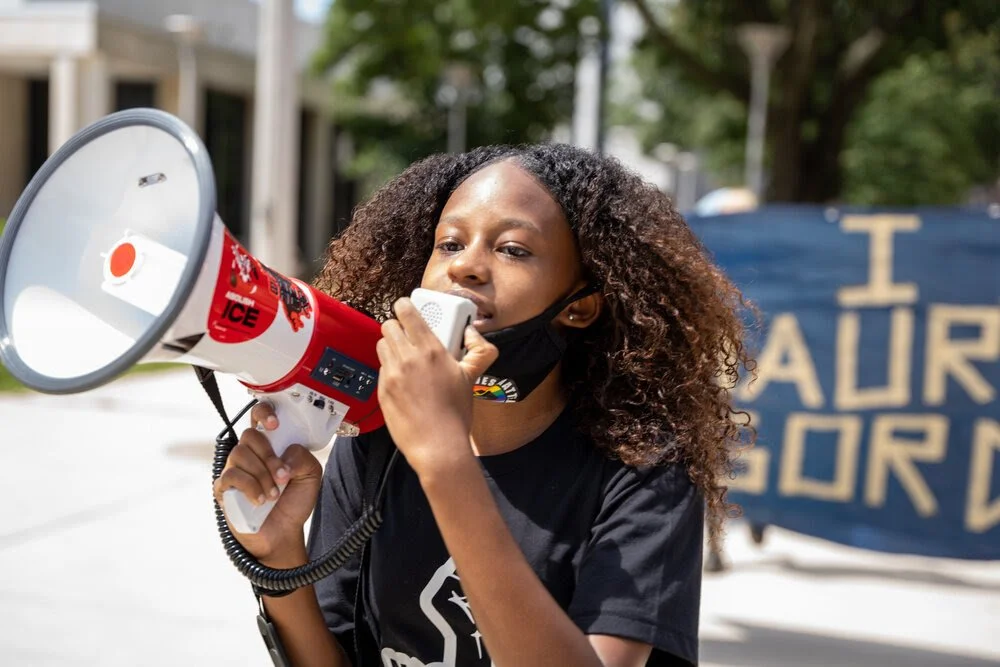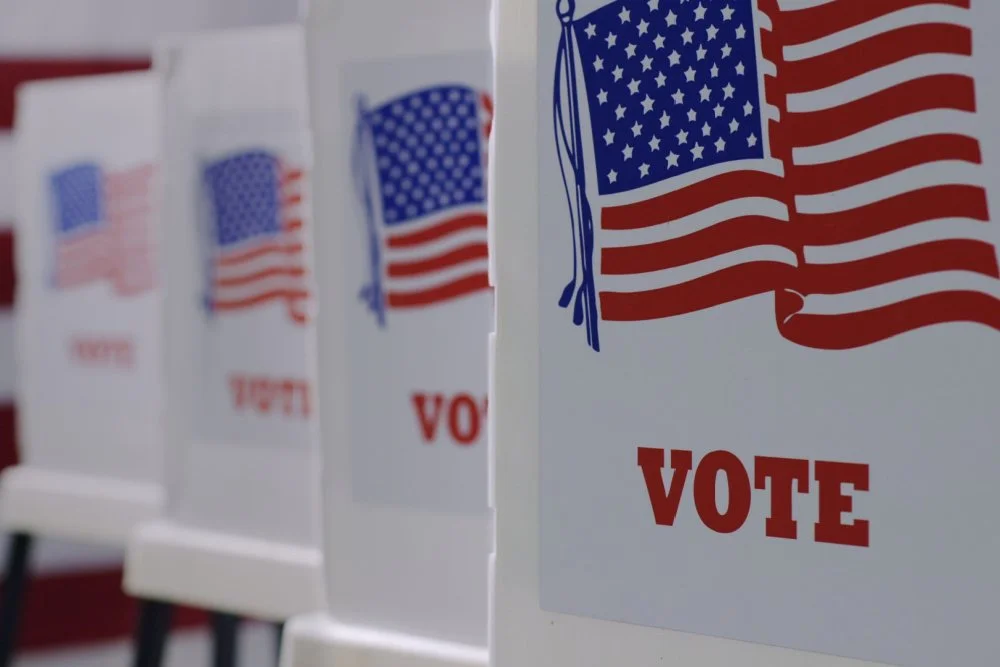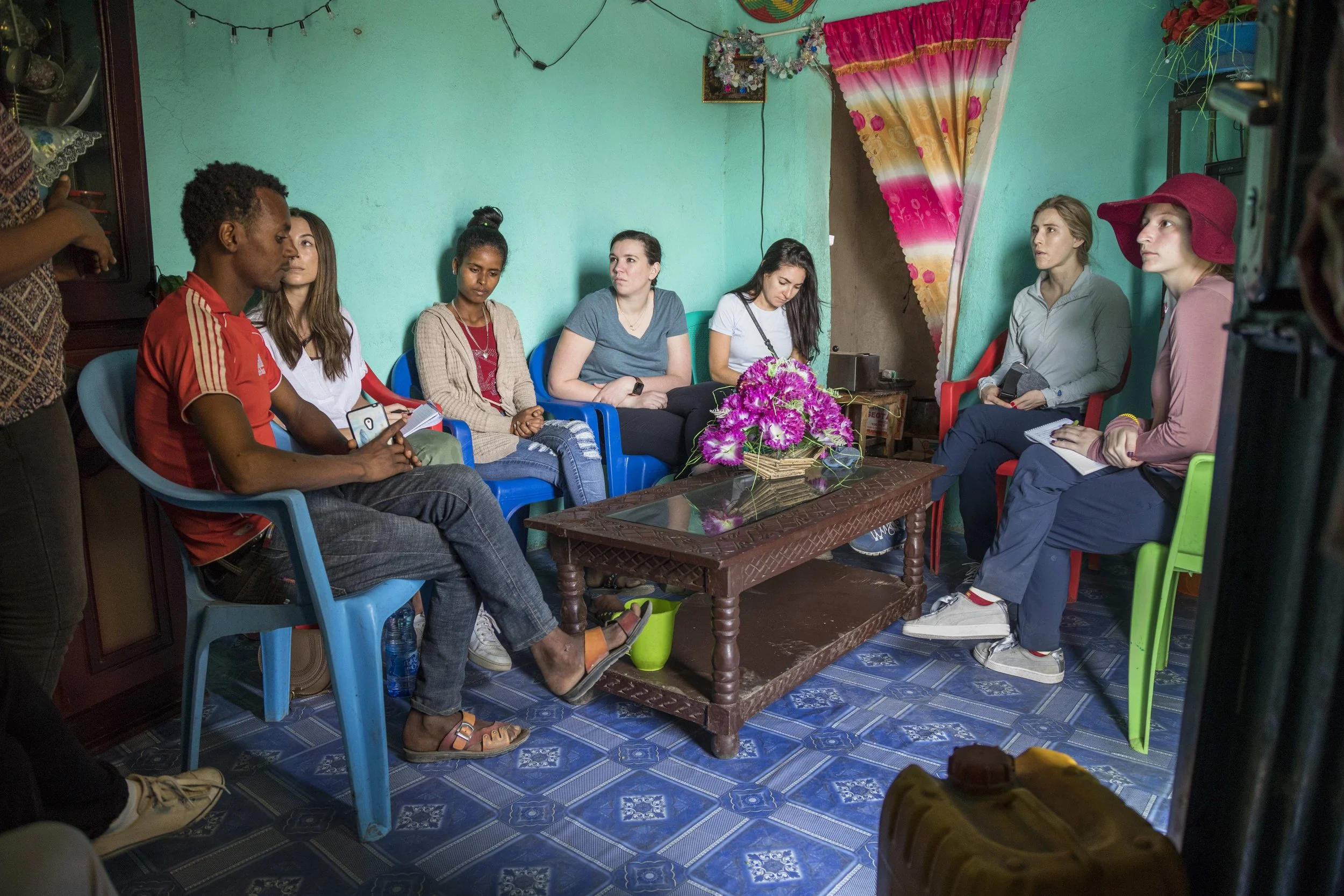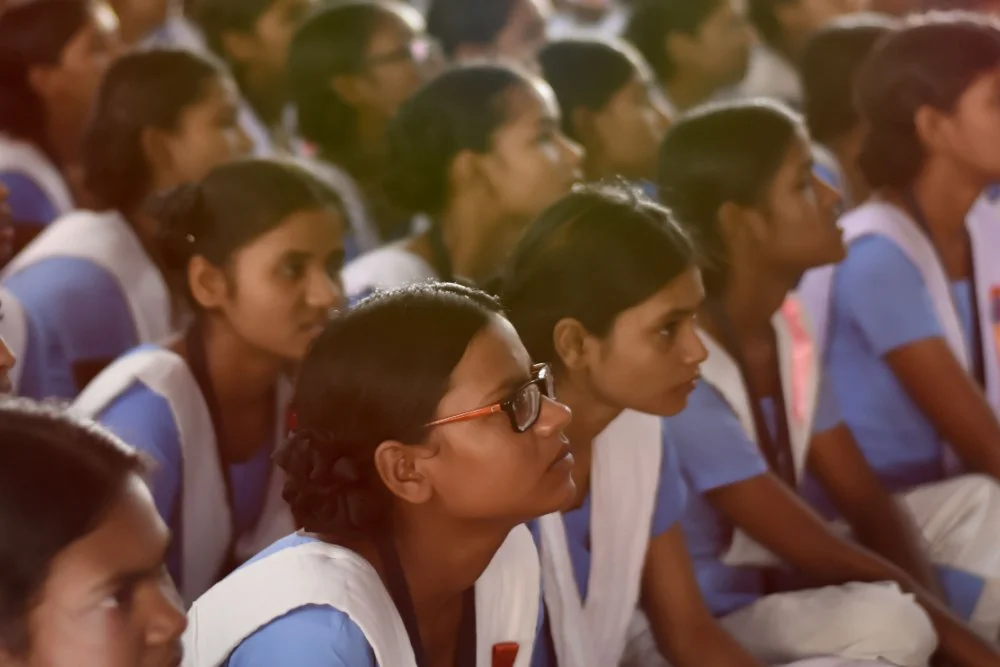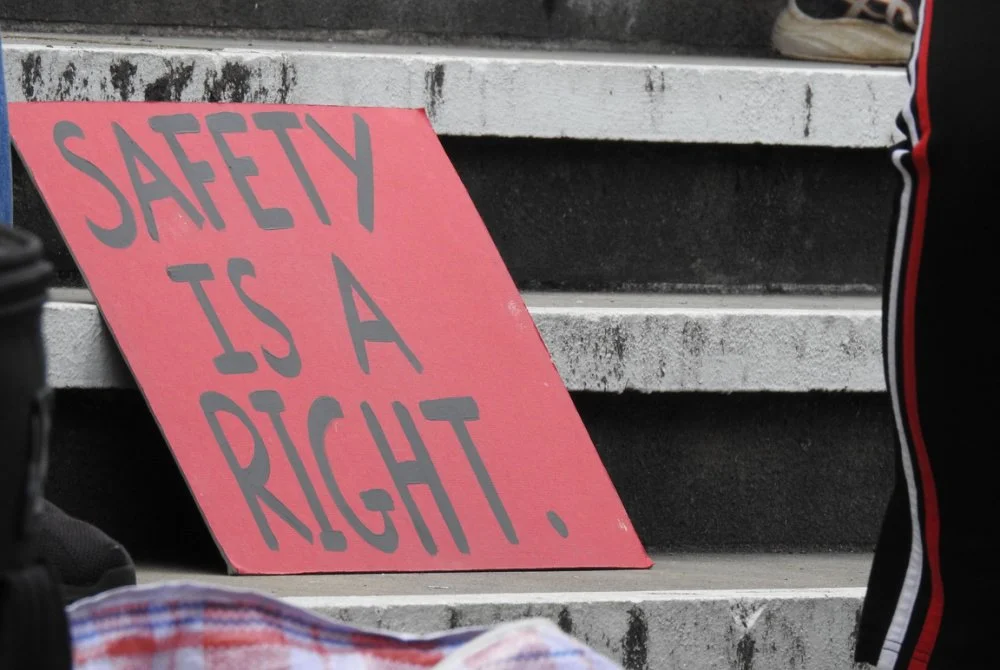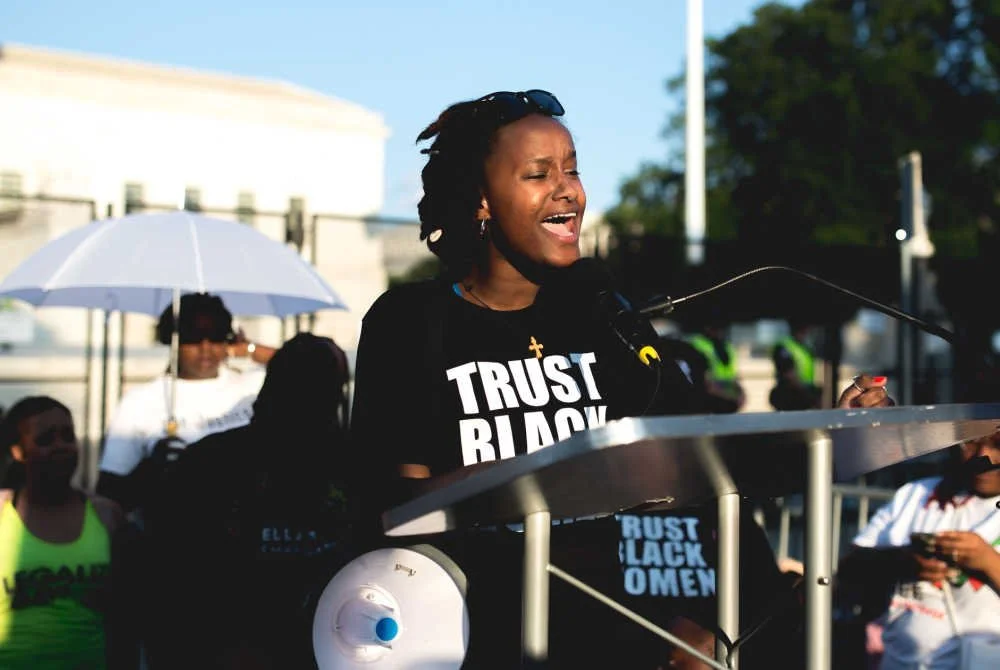Focusing on Pivotal Moments, a Foundation Works to Help Girls and Women Avoid the Sex Trade
/Tens of millions of people, mainly women and members of the LGBTQ community, are involved in the sex industry, engaging in transactional or commercial sex around the world. Philanthropies interacting with this broad realm have diverse priorities. They may fund health and social services, sex workers’ rights movements, programs to end trafficking—a distinct issue—or other related causes.
The NoVo Foundation (NoVo), a major supporter of girls and women in the U.S. and abroad, has long backed anti-trafficking efforts. It also seeks to prevent people from entering the sex industry and works to make different routes and options available. NoVo finds the sex trade to be innately traumatic and harmful, and it recently made a three-year, $10 million commitment to these efforts in the United States. NoVo frames this work as part of its mission to free women and girls from violence and highlights that marginalized girls and women are disproportionately represented in the sex industry.
Opening Exit Ramps and Closing On-ramps to the Sex Trade
NoVo defines the sex trade as any business that profits off an individual’s sexual services, including brothels, pornography outlets and strip clubs. It states violence and harm are inherent to this entire trade and considers anyone with lived experience in it as a survivor. Some women with past experience in transactional sex also refer to themselves as survivors. While many advocates working with sex workers’ rights movements use the term sex worker, NoVo does not—unless in a quote, or if someone asks to be identified in this way. NoVo states that the term “obscures the reality of an inherently exploitative system that depends on and profits from gender inequality.”
Joe Voeller, NoVo director of communications, tells us the foundation centers its work with the sex industry and commercial sexual exploitation in communities that experience colonization, racism, sexism, transphobia and anti-immigrant discrimination. He says that from these sources, NoVo has come to understand “why the poorest, youngest and brownest are disproportionately represented in the sex trade; poverty and systemic discrimination are powerful on-ramps into exploitation.”
Voeller says systems also “hold great power and responsibility” in terms of providing long-term solutions in this area. NoVo is focusing its new Life Story grants on six systemic areas, or pivotal “moments,” wherein a girl or woman’s life course can shift dramatically: housing, medical needs, law enforcement, trauma and mental health, immigration, and systems impacting youth, such as education and foster care. The grants are intended to “open exit ramps and close on-ramps” to the commercial sex trade within one or more areas.
These grants are tied to NoVo’s, “The Life Story” project, an online platform that shares women’s stories about their experiences with the sex industry and with trafficking—many of the women were abused or trafficked during their youth. Multiple research reports have linked abuse in childhood to transactional sex later in life, many of which are cited in this study.
Roxanne, an indigenous survivor and participant in the Life Story project, told NoVo, “Being homeless and trying to figure out where to stay was a constant experience. I’d have a guy offer me a week’s stability in a room, but then he’d lock me in there and keep me for sexual services. He’d bring me food—that’s more money I’d owe him. You just become more and more indebted.” It is not uncommon for women to cite poverty as a factor in becoming trafficked, which does not necessarily involve travel, or in entering “the Life.”
“Their police cars say ‘Protect and Serve,’ but they weren’t protecting or serving me,” another Life Story Project respondent said.
NoVo supports the decriminalization of those selling their own sex or sold for sex, but calls for policy and legal frameworks ensuring “that anyone purchasing sex or profiting from sexual exploitation is held accountable.” How transactional sexual activity is outlawed, decriminalized or legalized are highly contested issues, and regulations vary widely around the world—check out this map of related laws to learn more.
Seeking a Shift in Trajectory
Voeller says of the recent grants, “Many of the practitioners who work in these systems come into contact with girls and women in exploitation and can shift their trajectories if they offer understanding, resources and opportunity.”
A lot of peer-led groups, service providers and philanthropies that support sex workers’ rights movements, like the Global Network of Sex Work Projects, Red Umbrella Fund and Open Society Foundations, focus on full decriminalization and uplifting the adult participants’ decision-making agency, safety and cultural acceptance within this line of work. NoVo upholds a belief that a shift in life trajectory is definitely the right option for anyone entering or already in the sex trade (or being trafficked), which is why it works to create exit ramps and close on-ramps to these experiences. Some groups made up of women who have left the sex industry agree, such the Organization for Prostitution Survivors (OPS) in Washington, which was launched to “address the harm of prostitution,” and help adult women “heal from gender-based violence.” Living in Freedom Together (LIFT) in Massachusetts is another example. Some members of these organizations participated in NoVo’s Life Story project.
And while choice and adulthood are generally the accepted delineating factors separating the sex trade from sex trafficking, NoVo states that choice is “not a simple concept,” considering the traumas that lead many to the sex trade, which can mean “there’s been no real choice at all.” But NoVo does see an element of choice for people in choosing when to leave the sex trade and wants to support them in doing so.
“Survivors [who participated in The Life Story project] shared that preventing vulnerable girls from getting into the life altogether, and helping women in the life leave when they are ready is one of the best things we can do in the short term, while working toward a world free of violence in the long term,” said Puja Dhawan, director of NoVo’s Initiative to End Violence Against Girls and Women (italics added).
NoVo emphasizes that avoiding or leaving the sex trade is not easy, due to factors like “stigma,” criminal records, persistent on-ramps, and the lack of exit ramps like stable housing, employment, and treatment and care for physical and mental health, as well as substance use disorders. The new Life Story grants seek to address some of these overlapping challenges and guide more girls and women toward a different path.


